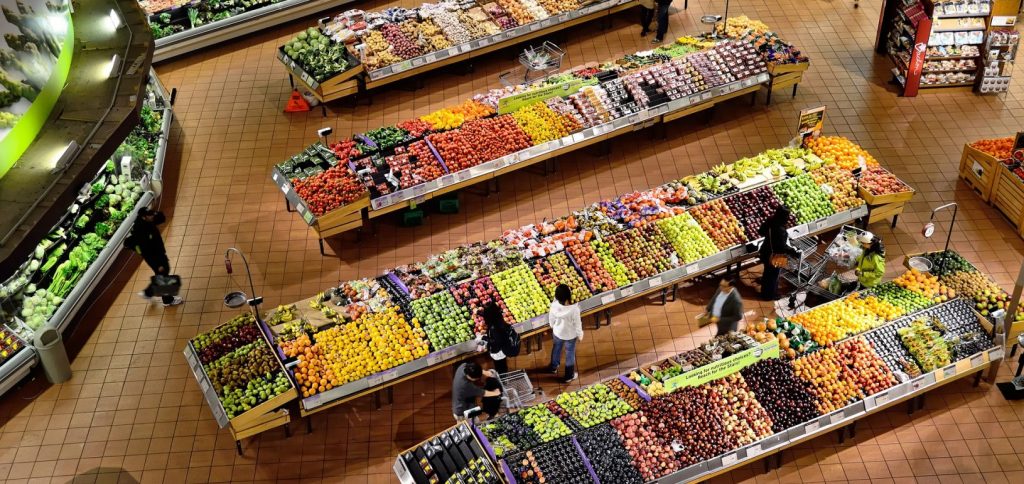The Trend Towards Veganism is also Changing what People Drink

For years, the number of people following a vegan lifestyle has been increasing. This trend is also having an effect on drinking habits. Although the ingredients of many drinks are vegan, it is often difficult to tell whether the entire manufacturing process is completely free of animal products. Could this be a new marketing opportunity?
According to VEBU (the German Vegetarian Union), in Germany alone there are around 900,000 vegans, corresponding to approximately 1.1 percent of the population. The Allensbach Institute for Public Opinion Research has confirmed this development. A trend towards veganism can also be noted across the globe. The number of vegetarian and vegan people worldwide is estimated to be approximately 1 billion.
What is and isn’t vegan?
So, could the word “vegan” have a positive effect on many people’s purchasing decisions? In the food sector, in many cases this is already the norm. A glance at the ingredients is usually not enough to be sure that a drink is totally vegan. This is because the manufacturing process itself and the technical equipment used must be free of animal products too. With the current declaration where “only” the ingredients need to be listed, it is therefore impossible to identify vegan products.
Animal additives or processing agents in drinks
Vegans come up against a lot of obstacles in this area. Colorings and flavorings that are not of plant origin may be added to spirits, such as “real carmine red” from scale insects. It is still a challenge to find vegan wine, even though a decision by the European Commission in 2012 made this easier. This is because although the relevant regulation stipulates that there is an obligation to inform of wines fined with milk or egg products, there is no obligation to declare animal additives such as gelatin. Beers brewed in accordance with the German purity law are vegan. Here, animal clarifiers are considered off limits. Vegans find it more complicated when it comes to foreign beer, which may be clarified using swim bladders or gelatin. In fruit juices, gelatin is conventionally used as an animal clarifying agent. Irrespective of the contents, the label adhesive is something that may contain animal ingredients such as casein.
“Vegan”—a marketing argument on the up?
It’s no wonder that various lists with vegan drinks and liquid food products are doing the rounds on the Internet in order to give some guidance. And so why not offer a strong reason to purchase these products right at the point of sale? By using the expression “vegan”, marketing experts from the drinks and liquid food industry could emphasize this situation and exploit it to increase sales or enter a new niche sector. Changing the manufacturing process and all other factors for purely plant-based products that are not currently vegan would also open up new avenues for marketing.
At drinktec 2017, with the Innovation Flow Lounge all the marketing experts will have a unique platform which they can also use to discuss the topic of vegan niche sectors. In the center of Hall B1, forward-looking marketing strategies will be in the spotlight, providing a sparkling source of information for marketing experts in the drinks sector.
